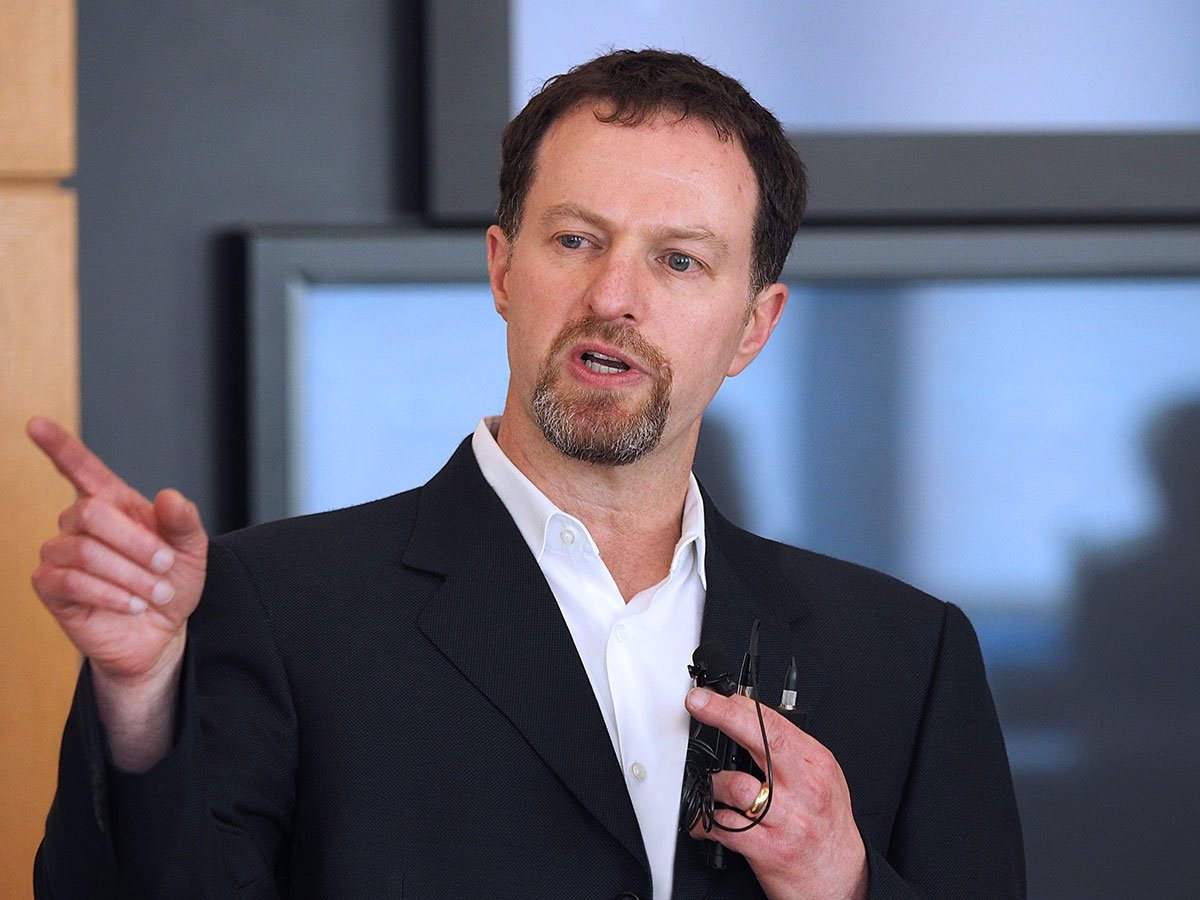Research Infrastructures as Quality Improvement Interventions
Venue: Auditorium, Blk MD 11, 10 Medical Drive Singapore 117597 | In-person
Date: Wednesday 23 August 2023
Time: 4.30PM to 5.30PM
Synopsis
Standard accounts of research ethics are based upon the idea that, by accepting risks today, study participants contribute to generalizable knowledge that may benefit future patients. In other words, participants bear the risks today, whereas benefits don’t accrue until a future time. However, there are both empirical and theoretical reasons to believe that building research infrastructures can have immediate benefits for patients today, including both those who take part in the research and those who just receive care from participating institutions. Furthermore, the short-term benefits of research infrastructures may have particular impact in low and middle income countries.
Speaker's Biography
Biography
Steven Joffe, MD, MPH is a pediatric oncologist and bioethicist who is currently the Art and Ilene Penn Professor and Chair of the Department of Medical Ethics & Health Policy, and Professor of Pediatrics, at the University of Pennsylvania Perelman School of Medicine. He is also the Director of the Penn Postdoctoral Training Program in the Ethical, Legal and Social Implications (ELSI) of Genetics and Genomics.
Dr. Joffe’s research addresses the many ethical challenges that arise in the conduct of clinical and translational investigation. He has led NIH-, PCORI- and foundation-funded projects to study the roles and responsibilities of principal investigators in multicenter randomized trials, accountability in the clinical research enterprise, children’s capacity to engage in research decisions, return of individual genetic results to participants in epidemiologic cohort studies, the integration of whole-exome sequencing technologies into the clinical care of cancer patients, strategies for diagnosis of germline risk among young adults with cancer, and the nature and challenges of learning health systems. He has coauthored over 200 articles addressing these topics. He previously served as a member of the US Department of Health and Human Services Coronavirus Disease 2019 (COVID-19) Vaccine Data and Safety Monitoring Board and chaired the National Human Genome Research Institute’s Genomics and Society Working Group. He is an elected member of the US National Academy of Medicine.
Dr. Joffe attended Harvard College, received his medical degree from the University of California at San Francisco, and received his public health degree from UC Berkeley. He trained in pediatrics at UCSF and undertook fellowship training in pediatric hematology/oncology at the Dana-Farber Cancer Institute and Boston Children’s Hospital.
Venue Map
CME/CPE points
CME/CPE points for this event are pending approval.


